Project secures EU funding to create sugars, chemicals and plastics from household waste
Envirotec Magazine
FEBRUARY 27, 2020
The VAMOS (Value Added Materials from Organic Waste Sugars) project has received €6,984,813 funding from the Bio Based Industries Joint Undertaking (BBI JU) under the European Union’s Horizon 2020 research and innovation programme. Reduce environmental plastic pollution levels.


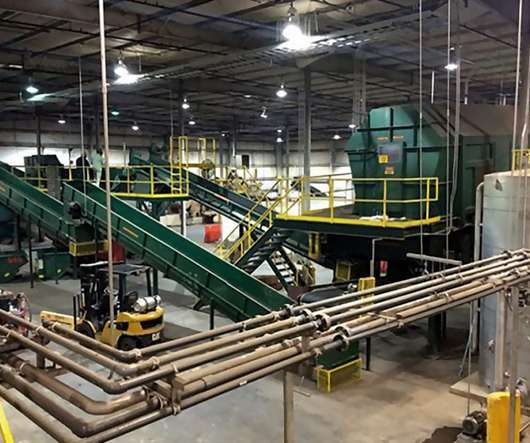
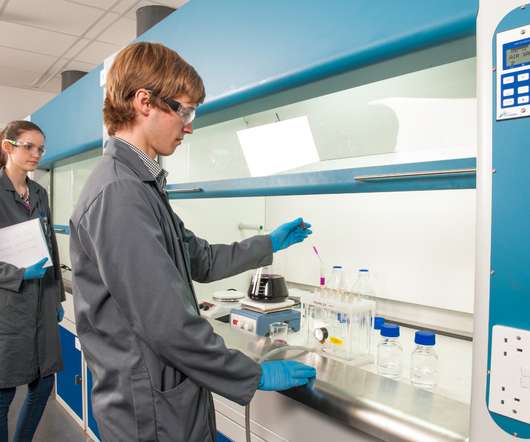
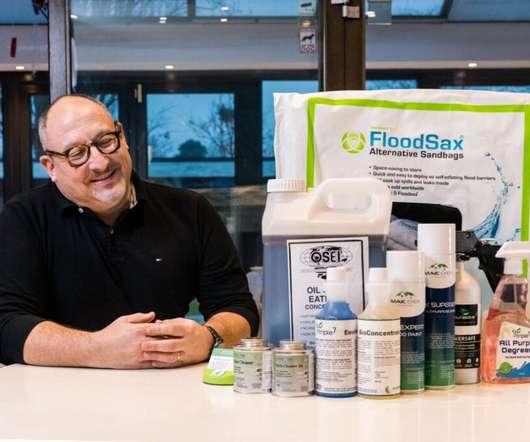
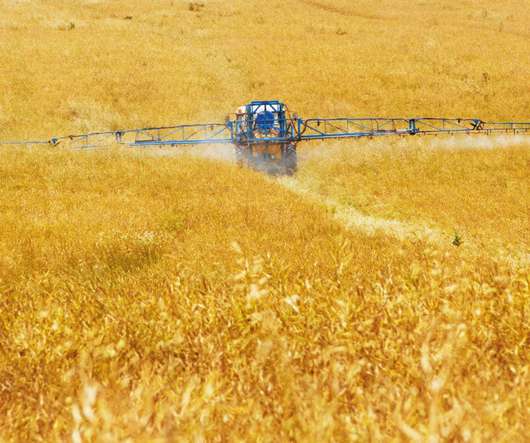
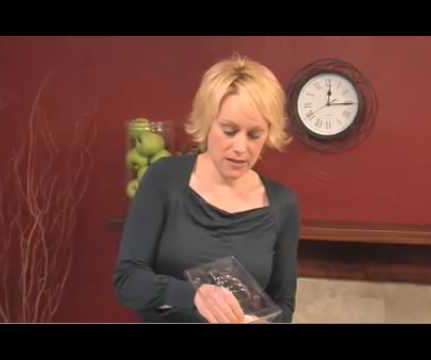
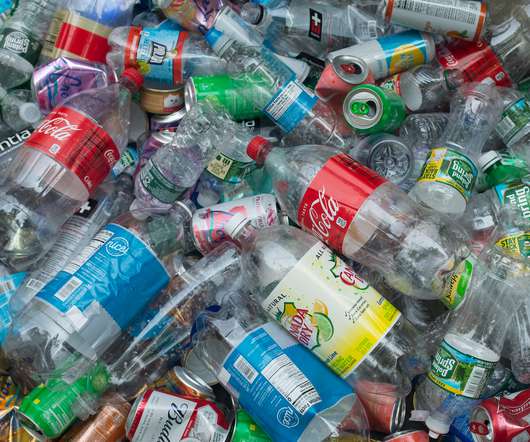








Let's personalize your content